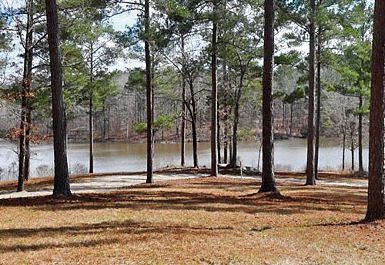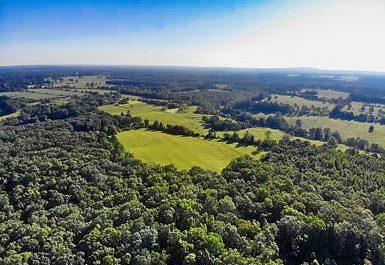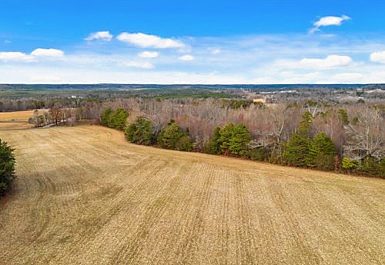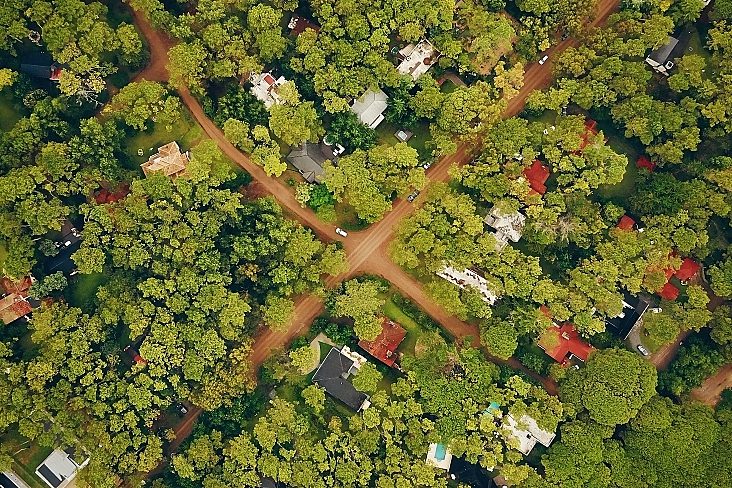Sell Land for Cash in Louisiana
Louisiana Land Buyers
Sell Land for Cash in Louisiana
Louisiana Land Buyers
Selling land in Louisiana doesn’t have to be a long, drawn-out process. Whether you’re looking to offload a property quickly due to financial reasons or simply want to move on to your next venture, there are smart strategies you can use to speed up the sale. This guide breaks down the essential steps to help you sell your land fast in Louisiana, from setting the right price to marketing like a pro, and everything in between. Let’s get started so you can cash in and move forward without the usual delays!
Sell Your Vacant Land in Louisiana


Selling your land in Louisiana? Let’s make it simple. At Bubba Land Company, we focus on a fast, direct process to help you sell your property quickly and efficiently. Whether you’re looking to sell due to financial challenges or simply want to move on to new opportunities, we’re here to sprint to the finish for you. With the financial backing for an all-cash offer, we can close the sale in under 30 days, meaning you’ll have cash in hand and the peace of mind to move forward.
We specialize in buying vacant land directly from owners, cutting out the middlemen and extra fees. No listing headaches, no gimmicks—just a straightforward process to sell your land and get the cash you need. We value clear, honest communication, and we’re here with cash offers that bypass the usual bank delays. Whether you’re dealing with financial issues, unexpected expenses, or simply want to sell your land fast, Bubba Land Company is here to help.
Our process begins with a thorough evaluation of your property to ensure our offer reflects its true value. Louisiana or Mississippi, we’ve got you covered. Ready to sell and move forward? Let’s talk!

“Thank you, that went quiet well, and I got my check just before going on a 4-week vacation.”

“It was our pleasure working with you & your wife… Good luck to you & your company.”

“Thanks to you and your guidance. It was a pleasure working with you. I am so glad we did everything through a law firm. I even learned a lot on the way…”

“It was a delight working with you. Thank you for reaching out to buy my property.”
The Bubba Land Closing Process


Need to sell your land fast? Bubba Land Company is your go-to solution. We know life can throw unexpected curveballs that make it necessary to sell quickly, so we’ve streamlined the process to help you sell your land online as efficiently as possible. Got financial concerns like back taxes or penalties? No problem. We’ll handle those directly when we acquire your property, with no cost to you. Whether you’re dealing with tax liens, unexpected bills, or just need to sell and liquidate quickly, we’ll offer a fair cash proposal, thanks to our deep knowledge of the Louisiana property market.
As a family-run business, we pride ourselves on trust, transparency, and making sure you feel confident throughout the process. No matter the condition of your property—unpaid taxes, code violations, or legal complications—we’re here to help. We’ll present a cash offer and handle any challenges, ensuring a smooth, stress-free transaction. Our goal is to put cash in your hands as quickly as possible, giving you the financial flexibility to move forward.
Selling land in Louisiana can feel like preparing for a Mardi Gras parade. It starts with a solid purchase agreement, followed by due diligence—where we inspect the property to ensure there are no hidden issues like liens or disputes. Title insurance comes next, protecting the deal from surprises. Finally, the closing meeting seals the sale, much like the grand finale of the parade, putting the cash right in your pocket.
With the right preparation, you’ll breeze through the sale and be ready to shout, “Laissez les bon temps rouler!” as you move on to your next adventure.
Louisiana Counties Where We Buy Land
Diving into the vibrant world of Louisiana land sales, where the spirit of the bayou meets the bustle of the market, we’re on the lookout to buy your slice of paradise. With a knack for understanding the unique tapestry of Louisiana’s land—from the whispering cane fields of East Baton Rouge Parish to the bustling streets of Orleans Parish—our team stands ready to extend a fair cash offer.
Dreaming of turning your land in St. Tammany Parish into a treasure chest or hoping to part ways with a plot in Lafayette Parish without the fuss? Look no further. At Bubba Land Company, we’ve honed our approach to ensure a tailor-made service that fits your individual story like a well-crafted Mardi Gras bead necklace. So, why wait? Reach out today and discover how easy it is to sell land in Louisiana and dance your way to a hassle-free cash sale.
Louisiana Cities Where We Buy Land
In the heart of the Pelican State, from the vibrant streets of New Orleans to the historic charm of Baton Rouge and the bustling energy of Shreveport, we’re casting our nets wide for land to buy. At Bubba Land Company, we don’t just make offers; we make fair cash propositions that reflect the true spirit of Louisiana’s diverse landscapes. Our mission? To tailor our services to your unique situation, ensuring that selling your land is as breezy as a jazz tune on a spring evening in the French Quarter. Reach out today to discover how we can transform your land into cash, making it easier for you to embark on your next adventure, sell land in Louisiana style.
Final Tips to Sell My Land Louisiana
When it comes to buying and selling lots and land, working directly is often the smartest choice. Real estate agents typically don’t dedicate the same time or effort to land sales as they do for houses. Commissions are lower, and the land market tends to move slower. Listing a parcel on the MLS often inflates the price to cover agent commissions and additional fees, which cuts into your profit. With less focus on marketing, the land sits on the market, leading to price cuts again and again.
At Bubba Land Company, we specialize in land. We’ll give you a fair, all-cash offer for your property, backed by the knowledge and commitment to help you achieve your real estate goals. We’re ready to buy today—no need to wait on banks or deal with unnecessary fees and agents. You can sell your land quickly and for a great price! After reviewing your property, we’ll make you a simple, no-hassle cash offer. If you accept, we can close fast, on your schedule. It’s straightforward—you decide if the offer works for you.






